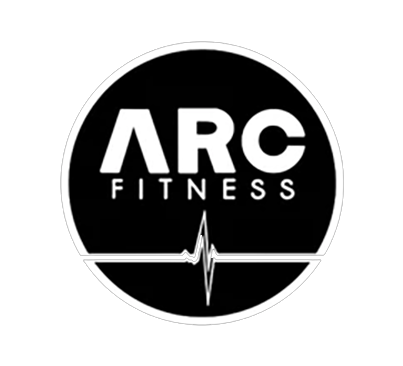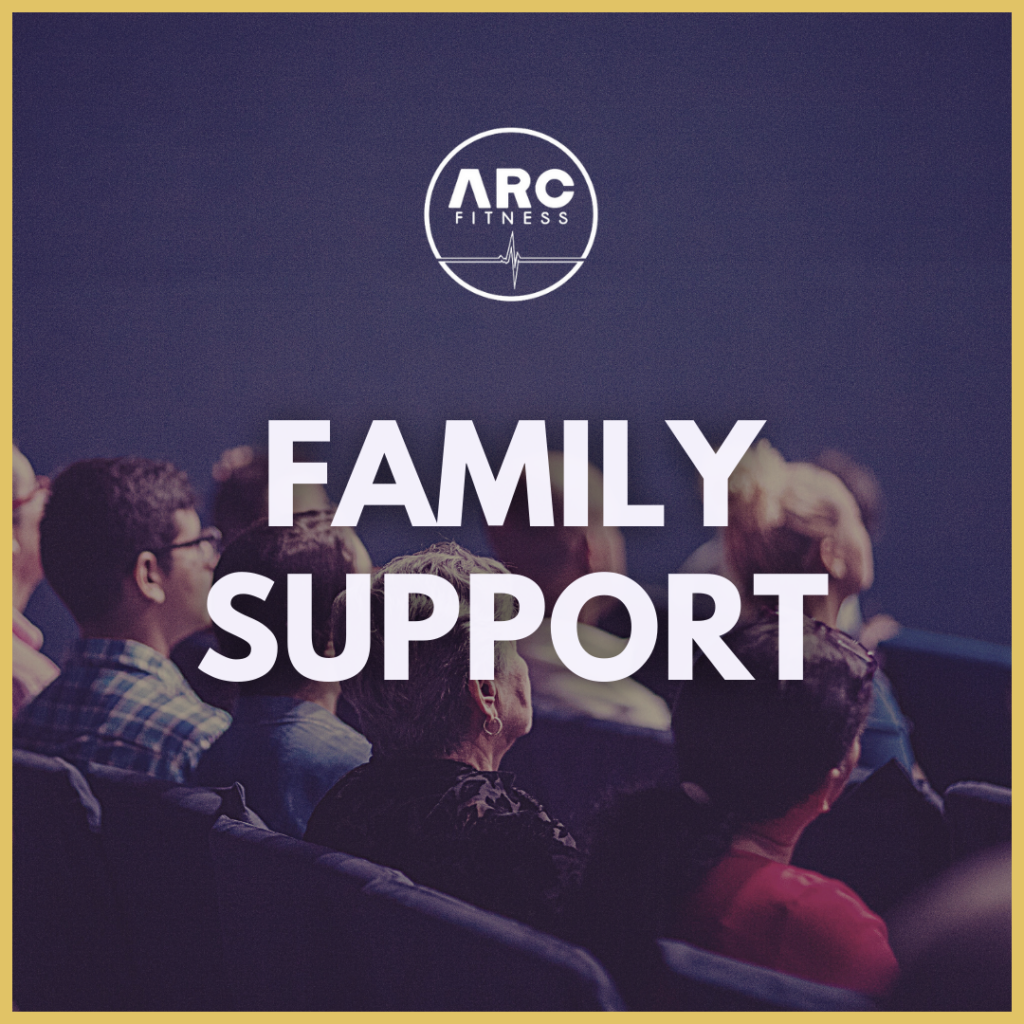No products in the basket.
Arc Fitness
The Role of Family Support in Addiction Recovery
Addiction is a disease that not only affects the individual struggling with it but also their loved ones. Family members often play a vital role in the recovery process, providing support and encouragement along the way. In this post, we will explore the important role that family support plays in addiction recovery and provide tips for how loved ones can best support their struggling family member.
The Importance of Family Support in Addiction Recovery
- Reducing isolation and stigma
One of the key benefits of family support in addiction recovery is reducing feelings of isolation and stigma. Addiction can be a lonely and isolating experience, and the support and understanding of loved ones can go a long way in helping individuals feel less alone.
- Promoting accountability
Another important aspect of family support in addiction recovery is promoting accountability. Loved ones can help hold individuals accountable for their actions and help them stay on track in their recovery journey. This can be especially helpful in early recovery when individuals may be more vulnerable to relapse.
- Providing emotional support
Family members can also provide important emotional support in addiction recovery. Recovery can be a challenging and emotional journey, and having a support system for loved ones who understand and empathize with what their family member is going through can be a source of strength and comfort.
- Improving treatment outcomes
Research has shown that family involvement in addiction treatment can improve treatment outcomes. Involving family members in therapy sessions and other aspects of treatment can help individuals feel more supported and motivated to continue on their recovery journey.
How Family Members Can Best Support Their Loved One in Recovery
- Educate yourself about addiction
One of the most important ways that family members can support their loved ones in addiction recovery is by educating themselves about addiction and its effects. This can help loved ones better understand what their family member is going through and provide them with the knowledge and tools needed to offer effective support.
- Offer non-judgmental support
Another key aspect of supporting a loved one in addiction recovery is offering non-judgmental support. Addiction is a complex disease, and individuals struggling with it often face a great deal of shame and self-blame. By offering non-judgmental support, loved ones can help create a safe and supportive environment for their family member to begin their recovery journey.
- Encourage healthy behaviours
Family members can also play a role in encouraging healthy behaviours in their loved one’s recovery. This can include things like promoting healthy eating habits, encouraging exercise and offering support for sober activities and hobbies.
- Set boundaries
While offering support is important, it is also important for family members to set healthy boundaries in their loved one’s recovery. This can include things like not enabling their loved one’s addictive behaviours, setting clear expectations around behaviour, and taking care of their own needs as well.
- Seek support for yourself
Taking care of your own needs is important while supporting a loved one in addiction recovery. This can include things like seeking your own counselling or support, setting healthy boundaries, and taking time for self-care activities. By taking care of your own needs, you will be better equipped to offer effective support to your loved one.
FAQs
Q: Can family support alone cure addiction? A: No, addiction is a complex disease that often requires professional treatment in addition to family support. However, family support can play an important role in the recovery process and can help individuals feel less alone and more supported in their journey.
Q: What if my loved one resists my attempts to offer support? A: It is common for individuals struggling with addiction to resist attempts at support, but it is important to continue offering support in a non-judgmental and loving way. It may also be helpful to seek the advice of a professional counsellor or therapist.
Q: How can I take care of myself while supporting my loved one in addiction recovery? A: Taking care of your own needs is important while supporting a loved one in addiction recovery. This can include things like seeking your own counselling or support, setting healthy boundaries, and taking time for self-care activities.
Conclusion
Family support can play a vital role in addiction recovery, providing individuals with the support and encouragement they need to successfully navigate their recovery journey. By offering non-judgmental support, promoting healthy behaviours, and setting healthy boundaries, loved ones can help their family member develop the tools and resilience needed to overcome addiction. It is important to remember that addiction is a complex disease that often requires professional treatment in addition to family support. However, by working together as a team and offering unconditional love and support, families can help their loved ones achieve lasting recovery and regain their sense of health and well-being. With dedication, patience, and perseverance, families can play a powerful role in the recovery journey of their loved ones.

